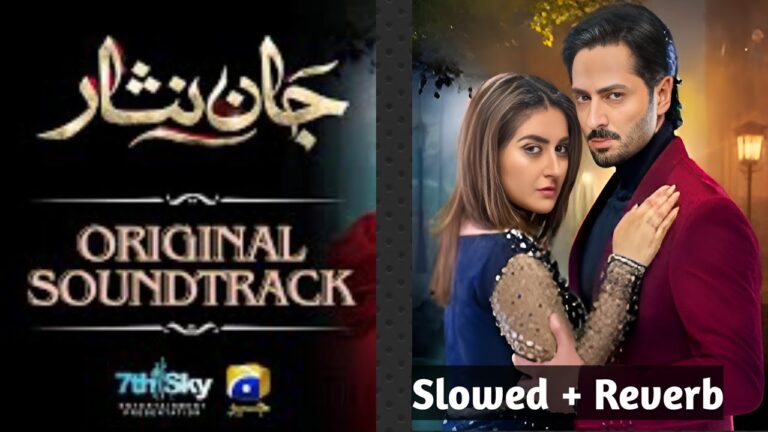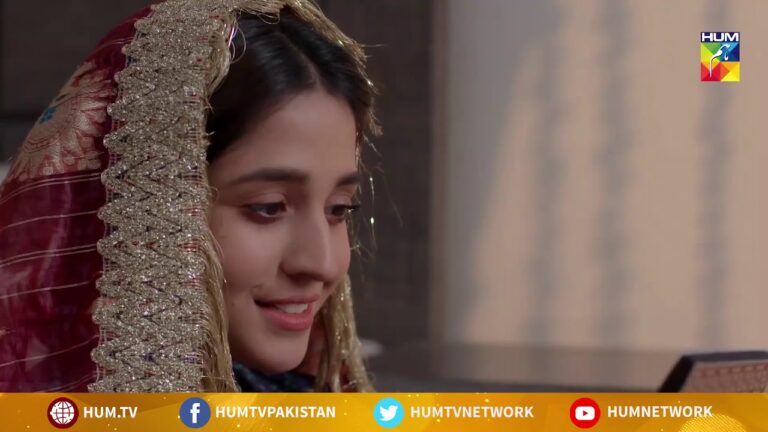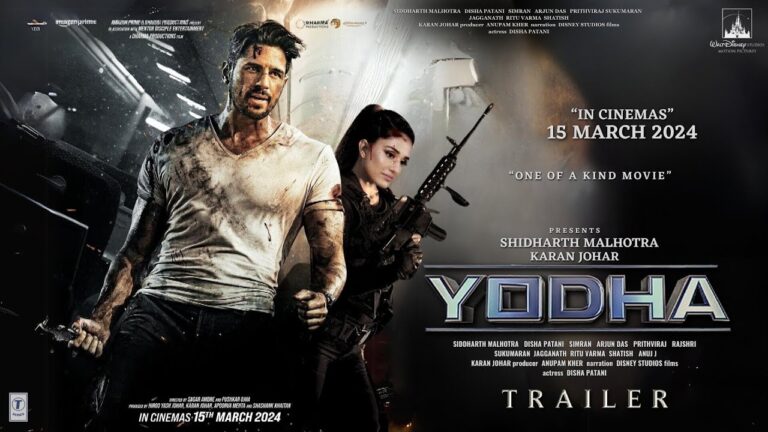In Between Drama Review: “In Between” (Arada) is a Turkish drama film that offers a poignant and thought-provoking exploration of identity, family, and societal expectations. Directed by Mu Tunç, the film follows the journey of a young woman named Zehra who grapples with the complexities of her cultural and religious background while pursuing her dreams of becoming a professional boxer. This review delves into the various aspects of “In Between,” examining its plot, characters, themes, and overall impact on viewers.
Plot Summary
“In Between” centers around Zehra, a spirited and determined young woman who lives in Istanbul with her conservative Muslim family. Despite their disapproval, Zehra secretly trains as a boxer with the help of her supportive coach and friend, Ali. As she navigates the challenges of balancing her passion for boxing with her family’s expectations, Zehra finds herself torn between tradition and modernity, duty and freedom.
As Zehra’s skills as a boxer improve, she faces increasing pressure from her family to conform to their expectations and abandon her dreams. When her brother learns of her secret training sessions, he confronts her, leading to a conflict that forces Zehra to confront her own identity and desires. Ultimately, Zehra must decide whether to follow her heart or sacrifice her dreams for the sake of her family’s honor.
Thematic Exploration
Identity and Self-Discovery
One of the central themes of “In Between” is identity and self-discovery. Zehra’s journey is marked by her struggle to reconcile her cultural and religious identity with her personal aspirations and desires. As she navigates the expectations of her family and society, Zehra grapples with questions of who she is and what she wants out of life.
The film explores the complexities of identity formation, highlighting the ways in which individuals are shaped by their cultural backgrounds, familial ties, and personal experiences. Zehra’s journey of self-discovery is both universal and deeply personal, resonating with audiences who have faced similar struggles in defining themselves and pursuing their dreams.
Tradition and Modernity
“In Between” also examines the tension between tradition and modernity in Turkish society. Zehra’s desire to become a boxer represents a challenge to traditional gender roles and societal expectations, particularly within her conservative Muslim community. The film confronts the limitations placed on women by traditional patriarchal norms, while also celebrating the power of individual agency and self-expression.
Through Zehra’s story, the film interrogates the ways in which tradition can both enrich and constrain people’s lives. It invites viewers to question the rigid boundaries of tradition and explore the possibilities that arise when individuals challenge societal norms and carve out their own paths.
Family and Sacrifice
Family and sacrifice are recurring themes in “In Between,” as Zehra grapples with the expectations of her conservative Muslim family while pursuing her dreams. The film portrays the complexities of familial love and loyalty, as Zehra’s relationship with her family is tested by her desire for independence and self-determination.
Zehra’s struggle to balance her love for her family with her own aspirations highlights the sacrifices that individuals often make in pursuit of their dreams. The film raises questions about the nature of sacrifice and the ways in which it can both unite and divide families, underscoring the complexities of familial relationships in the face of personal ambition.
Character Development
Zehra
Zehra is the heart and soul of “In Between,” a young woman whose determination and resilience inspire those around her. Portrayed with depth and sensitivity by the talented actress Ayris Alptekin, Zehra is a compelling protagonist whose journey of self-discovery resonates with viewers.
Throughout the film, Zehra undergoes significant growth as she confronts the challenges of pursuing her dreams in the face of opposition from her family and community. Her strength and courage in the face of adversity make her a relatable and inspiring figure, emblematic of the universal desire for self-expression and fulfillment.
Ali
Ali, Zehra’s coach and mentor, serves as a supportive and encouraging presence in her life. Played with warmth and authenticity by actor Musa Uzunlar, Ali embodies the spirit of mentorship and solidarity. His belief in Zehra’s abilities and his willingness to stand by her side despite the risks reflect the power of friendship and solidarity in the face of adversity.
Ali’s character provides a counterpoint to the restrictive norms of Zehra’s family and community, offering her a glimpse of a world where her talents and ambitions are valued and celebrated. His role in Zehra’s journey highlights the importance of supportive relationships in fostering personal growth and self-discovery.
Narrative Structure
“In Between” employs a linear narrative structure that unfolds chronologically, allowing viewers to follow Zehra’s journey from her initial struggles to her eventual triumphs. The pacing is well-paced, with moments of quiet introspection balanced by dramatic confrontations and intense boxing sequences.
The film’s narrative is driven by Zehra’s internal conflicts and external challenges, as she grapples with the expectations of her family and society while pursuing her dreams. The use of flashbacks adds depth to Zehra’s character, providing insight into her motivations and experiences.
Cinematic Elements
Direction and Cinematography
Mu Tunç’s direction of “In Between” is marked by its authenticity and emotional resonance. The film captures the vibrancy of Istanbul’s streets and the intimacy of Zehra’s family home with equal skill, immersing viewers in the sights and sounds of her world.
The cinematography, with its intimate close-ups and sweeping vistas, adds depth and texture to the storytelling, allowing viewers to connect deeply with the characters and their experiences. The use of natural light and shadow creates a visually striking aesthetic that enhances the film’s emotional impact.
Music and Sound Design
The music and sound design in “In Between” play a crucial role in setting the tone and mood of the film. The soundtrack, composed by Cem Tuncer, features a mix of traditional Turkish music and contemporary beats that underscore the emotional weight of the narrative. The use of music to highlight key moments, from Zehra’s training sessions to her moments of reflection, adds depth and resonance to the storytelling.
The sound design, including ambient sounds and effects, adds a layer of realism to the film, immersing viewers in the world of the characters. The careful use of sound helps to evoke the sensory experience of Zehra’s journey, from the sounds of the boxing ring to the bustling streets of Istanbul.
Acting Performances
The acting performances in “In Between” are a standout aspect of
the film, with each actor bringing depth and authenticity to their respective roles.
Ayris Alptekin delivers a compelling and nuanced portrayal of Zehra, capturing the character’s emotional complexity and inner turmoil with skill and sensitivity. Through her expressive performance, Alptekin brings Zehra’s journey to life, allowing viewers to empathize with her struggles and triumphs.
Musa Uzunlar shines as Ali, infusing the character with warmth, wisdom, and humor. Uzunlar’s chemistry with Alptekin adds depth to their characters’ relationship, highlighting the bond of trust and mutual respect between mentor and protege.
The supporting cast, including Emre Kızılırmak as Zehra’s brother and Seda Akman as her mother, deliver strong performances that complement the film’s central narrative. Each actor brings depth and nuance to their characters, adding layers of complexity to the story.
Societal and Cultural Context
“In Between” reflects broader societal and cultural themes relevant to contemporary Turkish society and beyond. The film explores the tensions between tradition and modernity, particularly within conservative Muslim communities, where expectations around gender roles and familial obligations can be restrictive.
Zehra’s journey of self-discovery and empowerment resonates with audiences who have faced similar challenges in navigating the complexities of cultural and religious identity. Her struggle to assert her individuality in the face of familial and societal expectations reflects the universal desire for autonomy and self-expression.
Critical Reception
“In Between” has received widespread acclaim from critics and audiences alike for its powerful storytelling, compelling performances, and poignant exploration of identity and ambition. The film’s nuanced portrayal of Zehra’s journey has resonated with viewers, sparking conversations about gender, tradition, and the pursuit of dreams.
Critics have praised the film’s authenticity and emotional depth, as well as its ability to shed light on the complexities of contemporary Turkish society. “In Between” has been celebrated for its sensitive portrayal of cultural and religious themes, with many commending the film for its nuanced approach to issues of tradition and modernity.
Conclusion
“In Between” is a powerful and emotionally resonant film that offers a compelling exploration of identity, family, and the pursuit of dreams. Through its captivating characters, authentic storytelling, and thought-provoking themes, the film invites viewers on a journey of self-discovery and empowerment.
From its vibrant depiction of Istanbul’s streets to its intimate portrayal of familial relationships, “In Between” is a testament to the universal desire for autonomy, self-expression, and fulfillment. It is a film that resonates deeply with audiences of all backgrounds, offering a poignant reminder of the power of resilience, courage, and self-belief.










+ There are no comments
Add yours